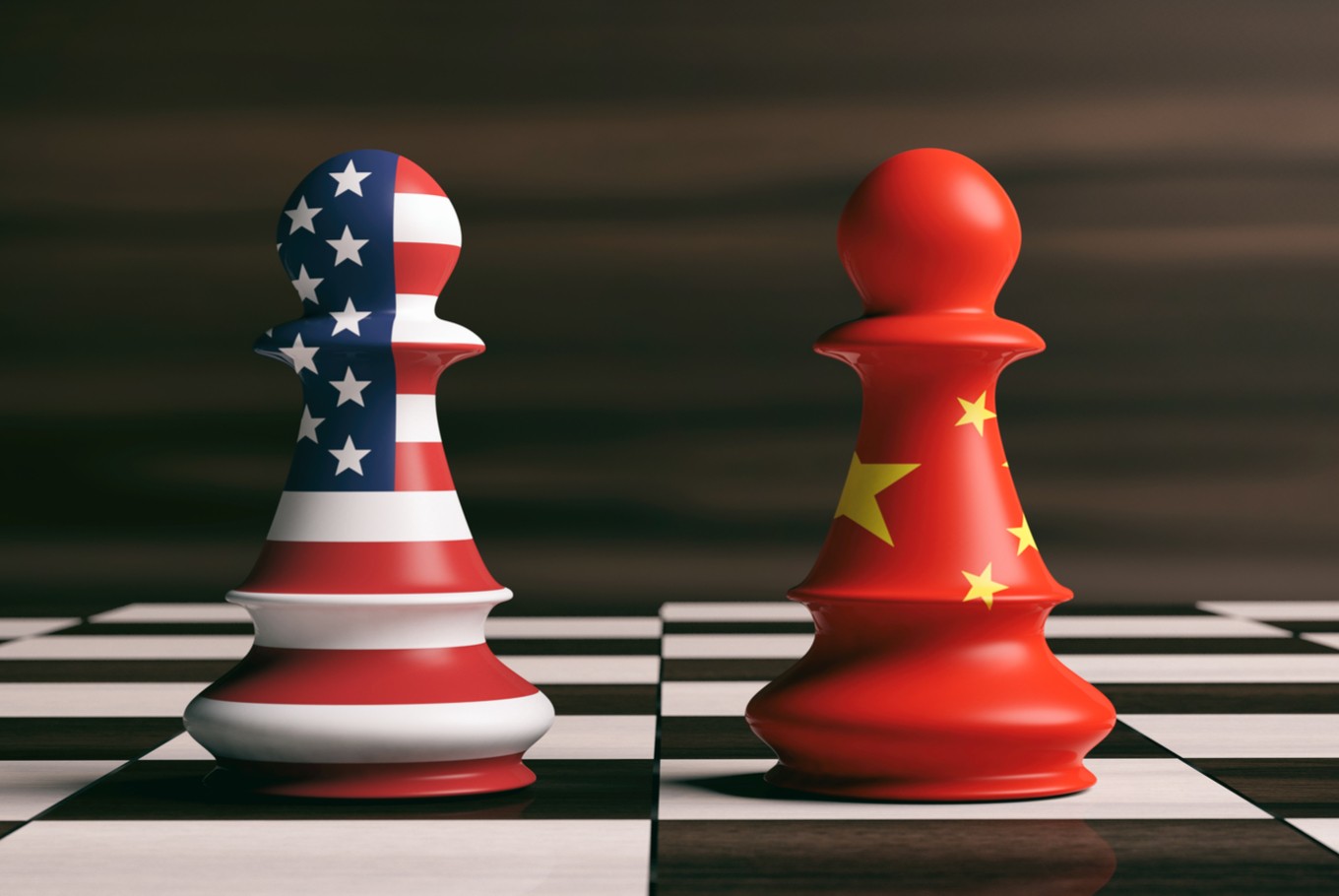Benefits of US-China trade war for ASEAN only temporary: Expert
"Today, the victims are China, Mexico and Canada, but tomorrow it could be Indonesia and other countries," said China Institute of International Studies executive vice president Ruan Zongse.
Change Size
 The United States and China are two of the world’s most powerful economies. The dynamics of their relations significantly affects the global economy. (Shutterstock/File)
The United States and China are two of the world’s most powerful economies. The dynamics of their relations significantly affects the global economy. (Shutterstock/File)
A
SEAN may stand to benefit from the trade tensions between the United States and China but these advantages will only be temporary, as the members of the bloc, including Indonesia, could become the trade war’s next victims, a scholar associated with the Chinese government has said.
China Institute of International Studies executive vice president and senior fellow Ruan Zongse has voiced his disagreement with the opinion of many experts that ASEAN should exploit the opportunities presented by US-China tensions.
“Yes, ASEAN could benefit from the situation but it will just be short term. In fact, the [US’] unilateralism [in imposing tariffs] not only targets China. Today, the victims are China, Mexico and Canada, but tomorrow it could be Indonesia and other countries,” he said on Monday evening during a workshop held by the Chinese Embassy in Jakarta.
He emphasized that the trade war should not be seen merely as a dispute between the US and China, but argued that instead it exposed Washington’s protectionism, which threatened multilateralism.
Thus, to address the issue, global stakeholders – particularly ASEAN members – should strengthen their commitment to multilateralism, he added.
He added that the Southeast Asian bloc, along with its partner countries, had shown a strong will to uphold multilateralism, particularly through the Regional Comprehensive Economic Partnership (RCEP) – a proposed free trade agreement comprising all 10 ASEAN member states as well as Australia, China, India, Japan and South Korea.
With the spirit of multilateralism deteriorating, moving forward with the RCEP is vital to reiterate a commitment to cooperation and “to demonstrate that multilateralism must be our future”, he added.
“That is why China wants RCEP negotiations to be finished as soon as possible and has called on participating countries to accelerate the negotiations,” he said.
Begun in 2012, the RCEP negotiations have yet to result in an agreement, with resistance being shown by several of ASEAN’s partners, including Japan and India. (bbn)









